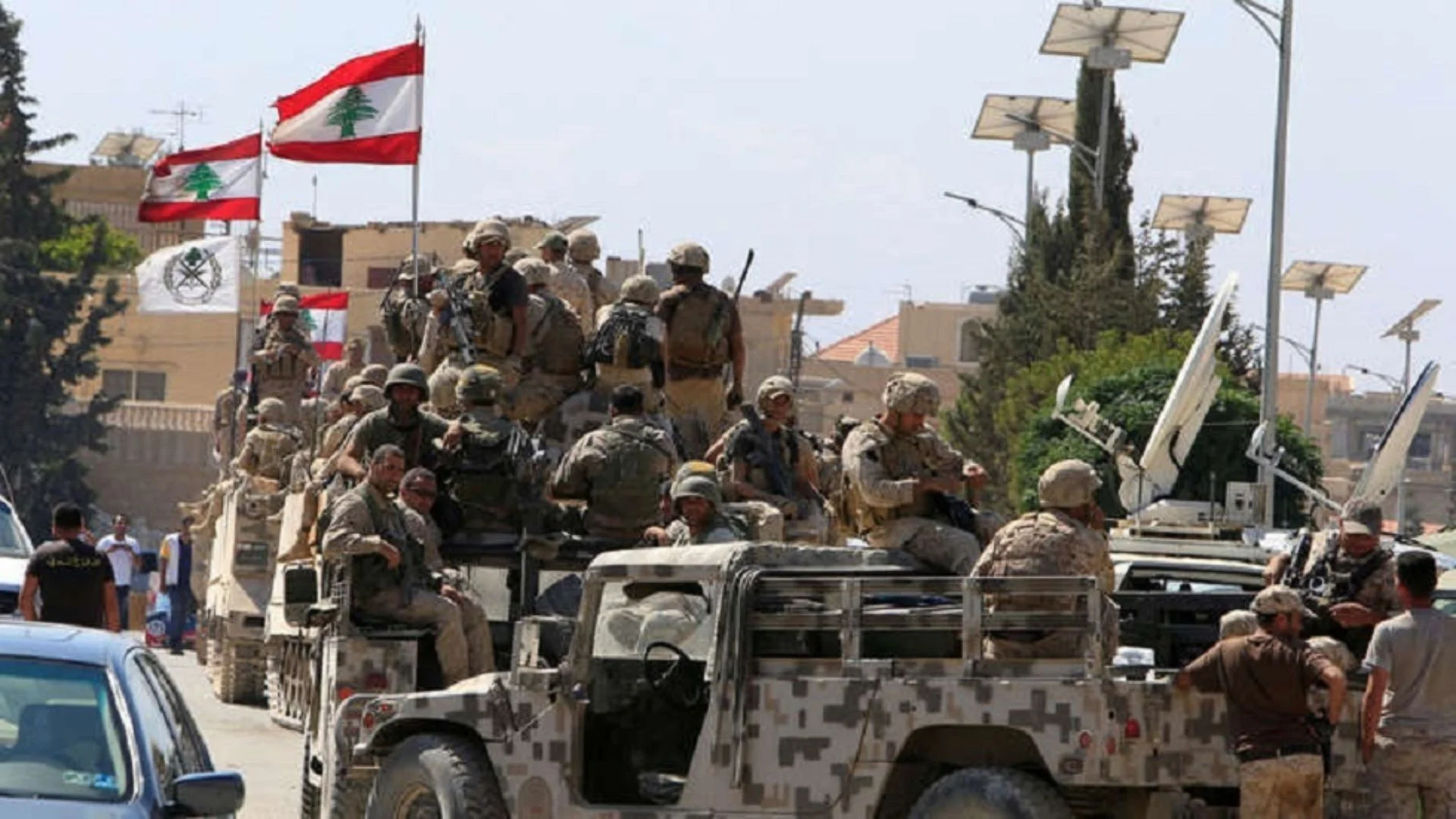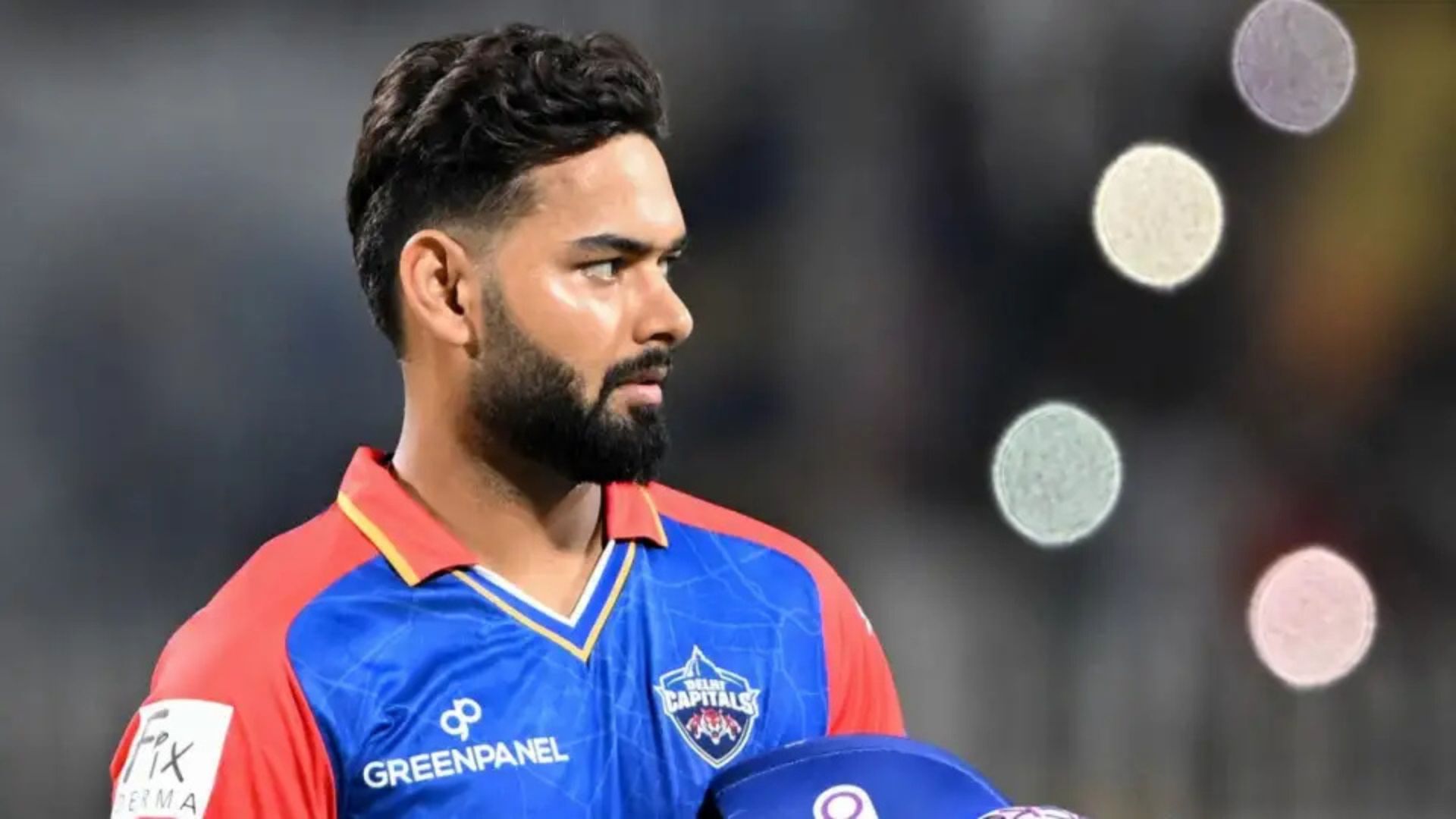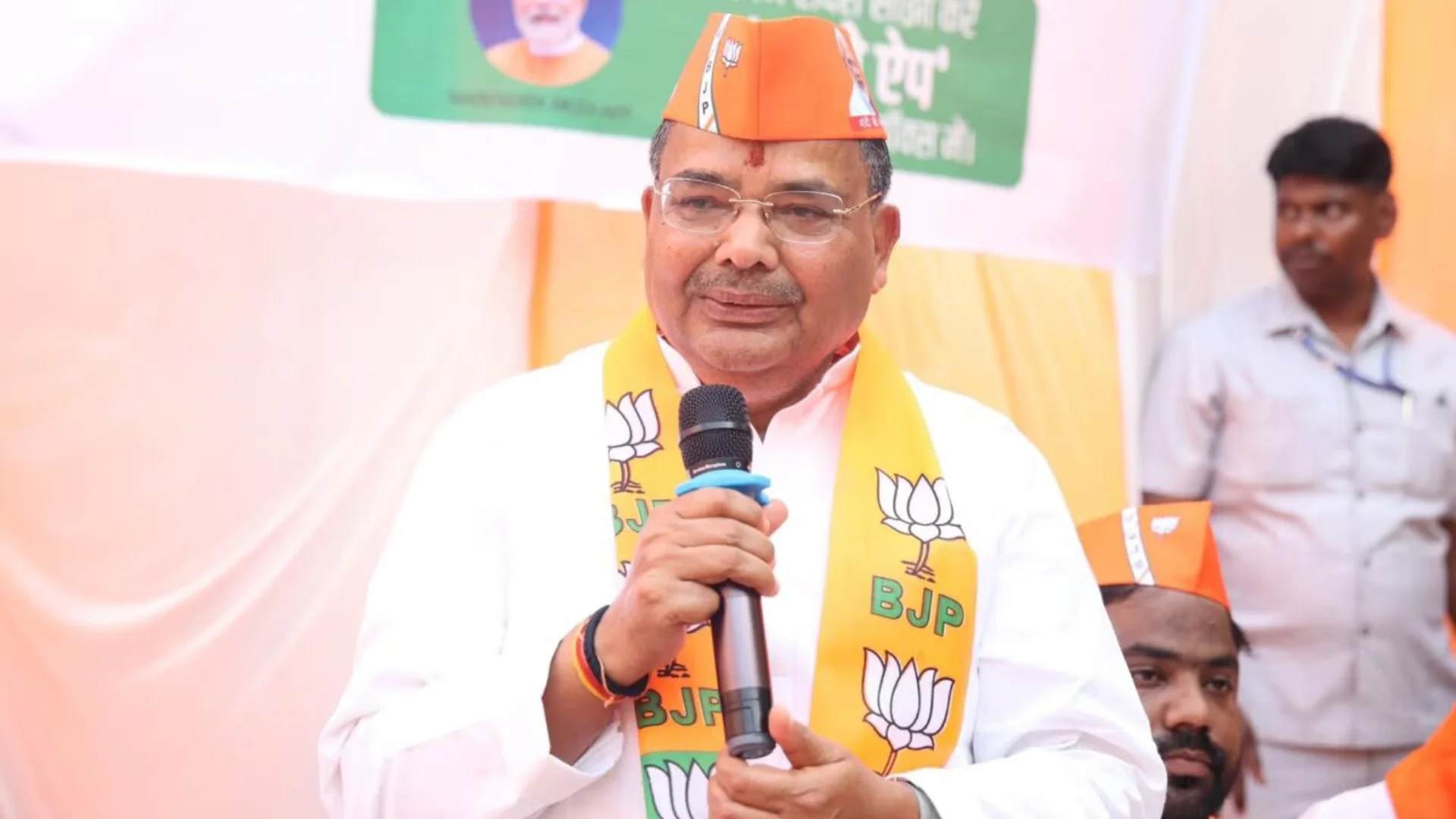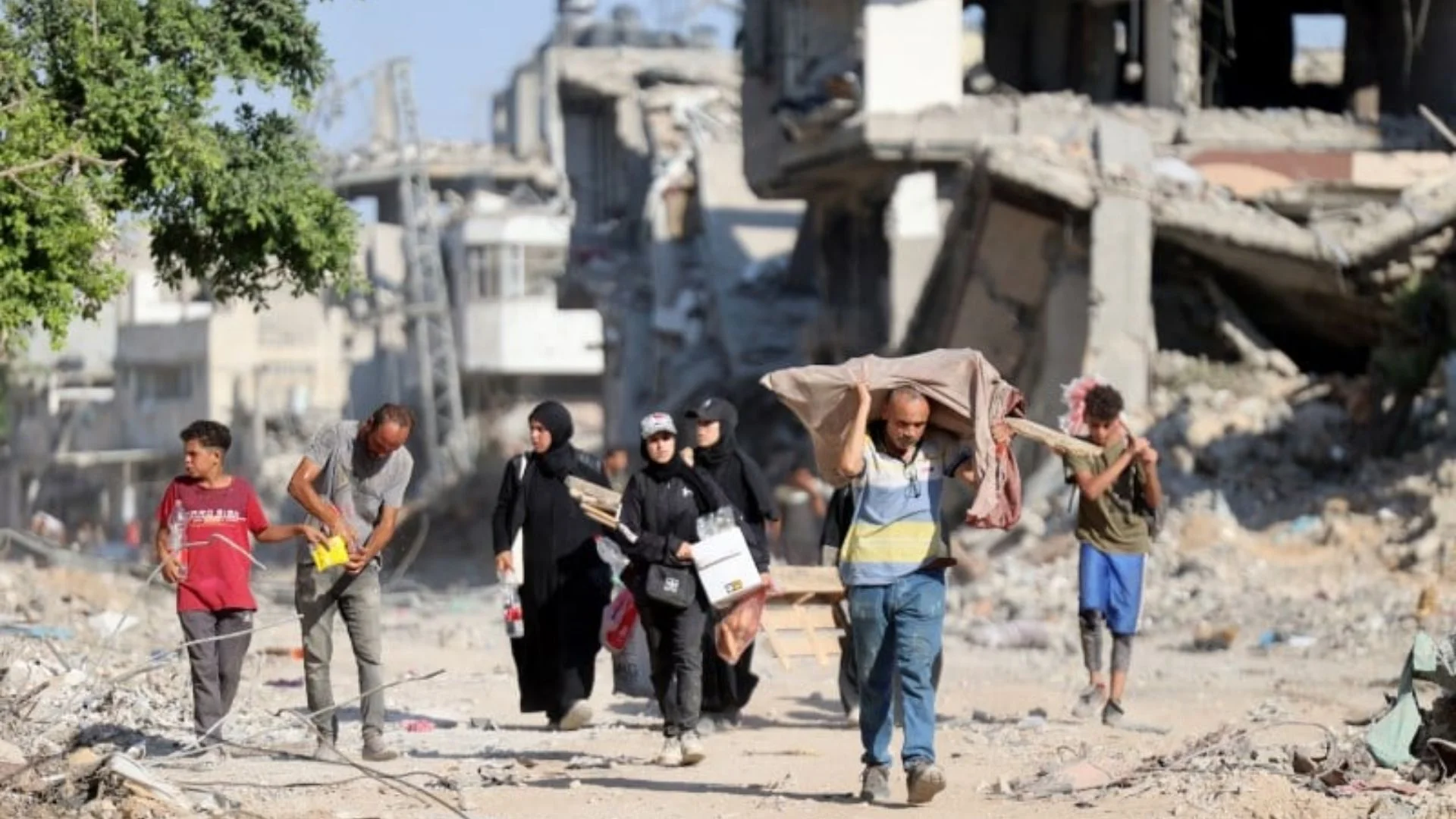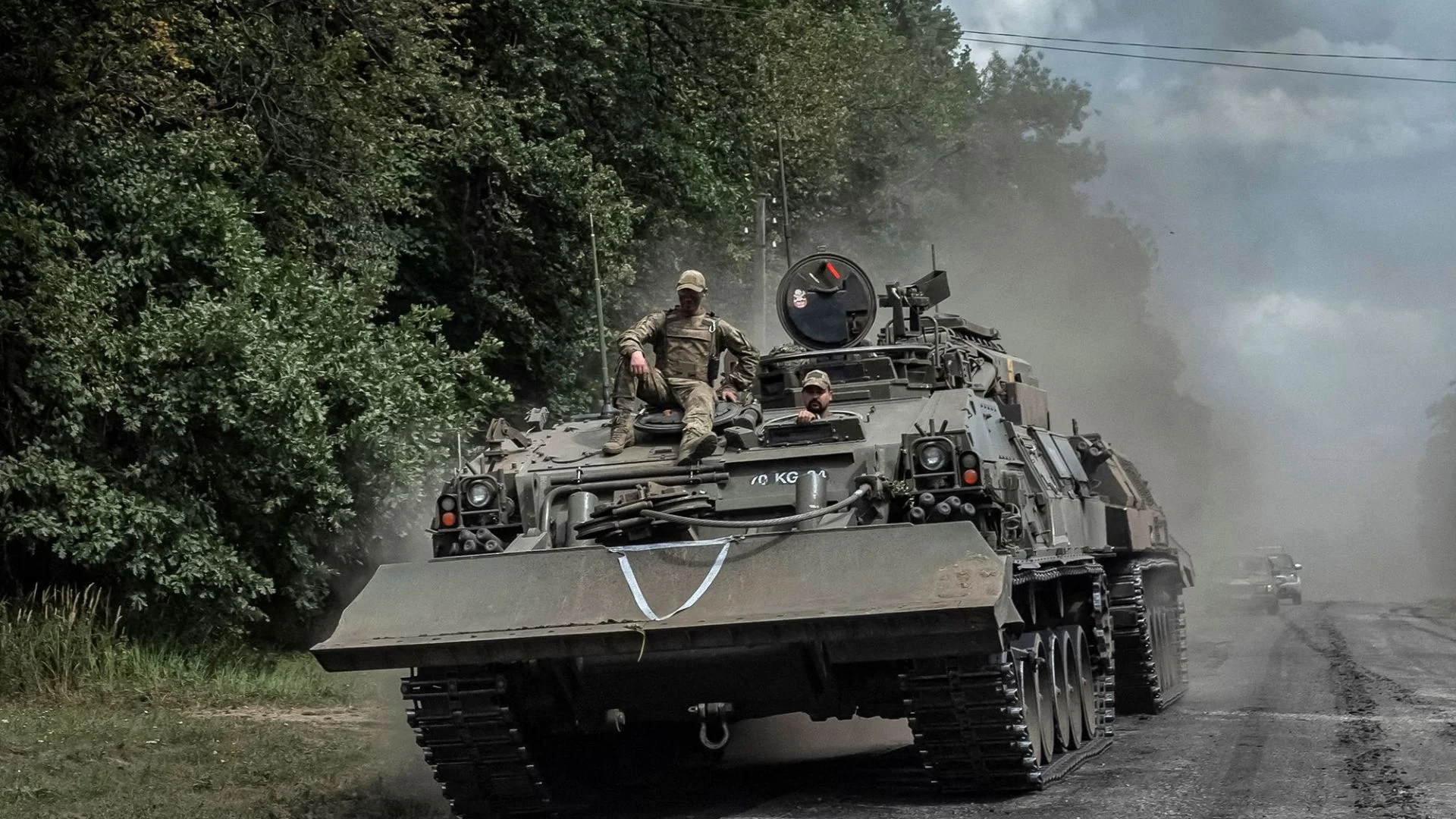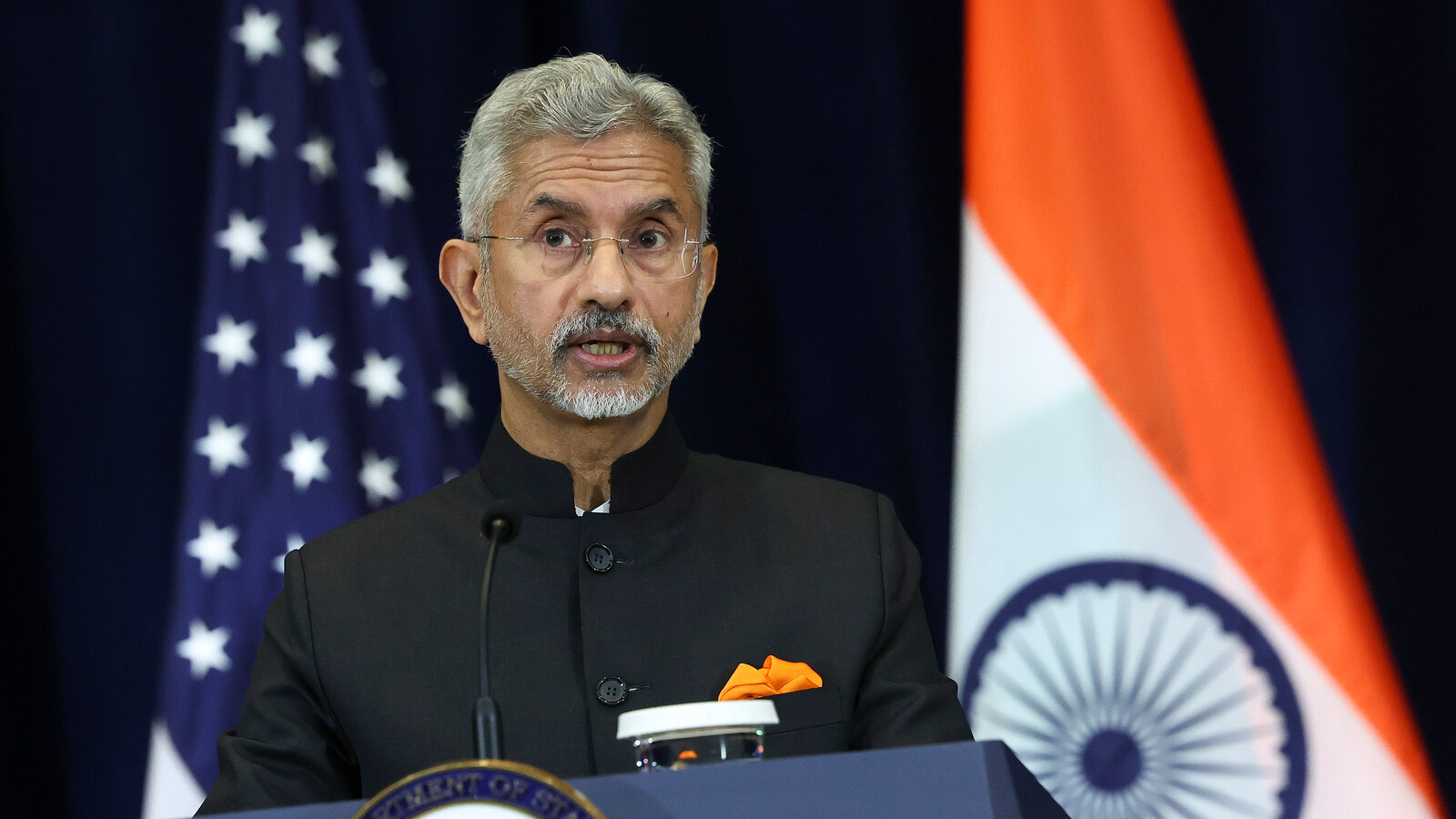
India is deliberating its level of participation in the Summit on Peace in Ukraine, slated to be held in Switzerland this month, despite increasing calls from Europe for senior leadership representation, according to sources familiar with the matter.
While India is expected to attend the conference at Bürgenstock Hotel on June 15-16, it’s unlikely that top leaders, including the Prime Minister or External Affairs Minister, will represent New Delhi, sources said on the condition of anonymity.
India’s involvement in the peace summit is anticipated to mirror its participation in previous meetings of senior security officials and political advisors held since 2022, such as those in Copenhagen, Jeddah, Malta, and Davos. Typically, India has been represented by the secretary (West) in the external affairs ministry or the deputy national security adviser.
Although National Security Adviser Ajit Doval attended the meeting hosted in Jeddah last August by Saudi Arabia, his attendance in Switzerland seems improbable, the sources added.
Switzerland has been actively engaging with India to secure its participation in the peace summit. Last month, Swiss foreign secretary Alexandre Fasel visited New Delhi, emphasizing the potential role of India and other Brics members as intermediaries between Russia and the West.
India’s primary concern revolves around not being perceived as part of an initiative led by Western nations to negotiate the end of the Ukraine conflict without Russian involvement, sources highlighted.
While India has refrained from openly criticizing Russia’s actions in Ukraine, it has advocated for dialogue and diplomacy to resolve the conflict. Prime Minister Narendra Modi has underscored India’s commitment to joining key summits promoting global peace and security.
Despite hopes from Ukraine and its partners for India’s participation, it’s unlikely that India will send its foreign secretary to the summit, according to sources. European allies, like France, believe India could play a pivotal role in conveying an “appropriate message” to Russia and rallying support from Global South and middle-ground countries.
The Ukraine conflict is viewed as having significant implications for the international order, beyond Europe. Observers note that China closely monitors Russia’s handling of the conflict, as it could influence China’s policies toward Taiwan and beyond.
China’s recent announcement of non-participation in the peace summit due to Russia’s exclusion has heightened tensions. Ukrainian President Volodymyr Zelenskyy, during a visit to Singapore, accused China of aiding Russia in disrupting the summit.
Despite these challenges, more than 70 states have confirmed participation in the peace summit, with representation from various regions, indicating the global interest in resolving the Ukraine crisis.

